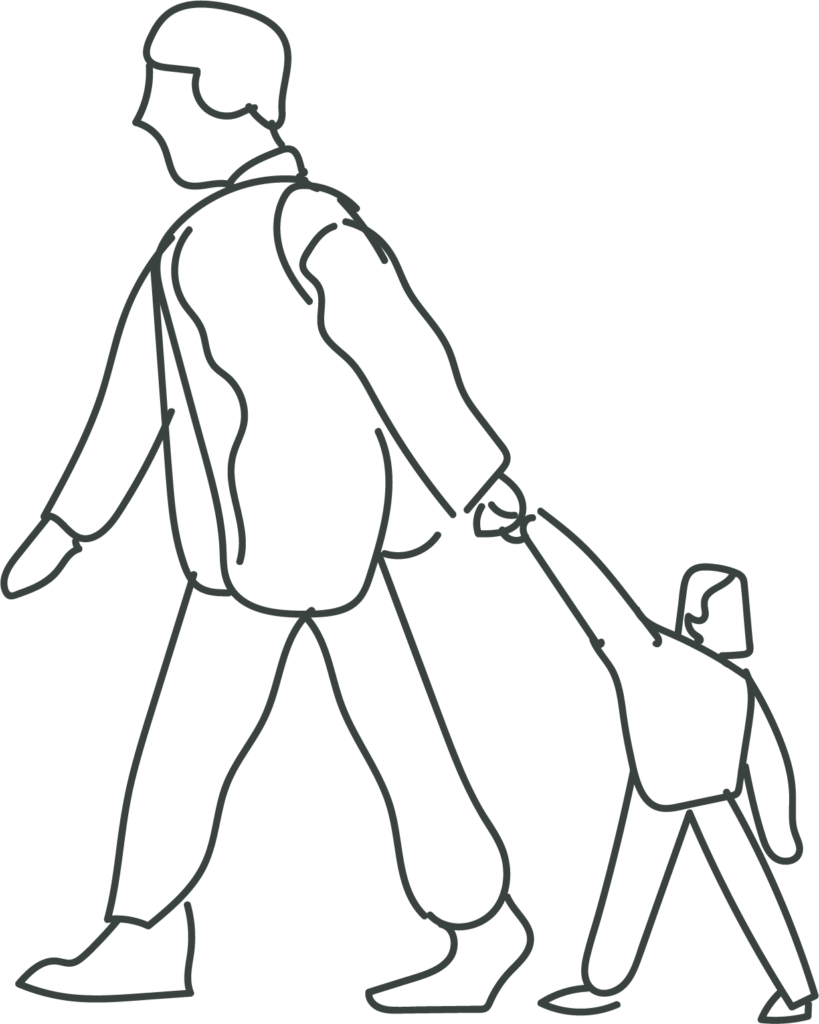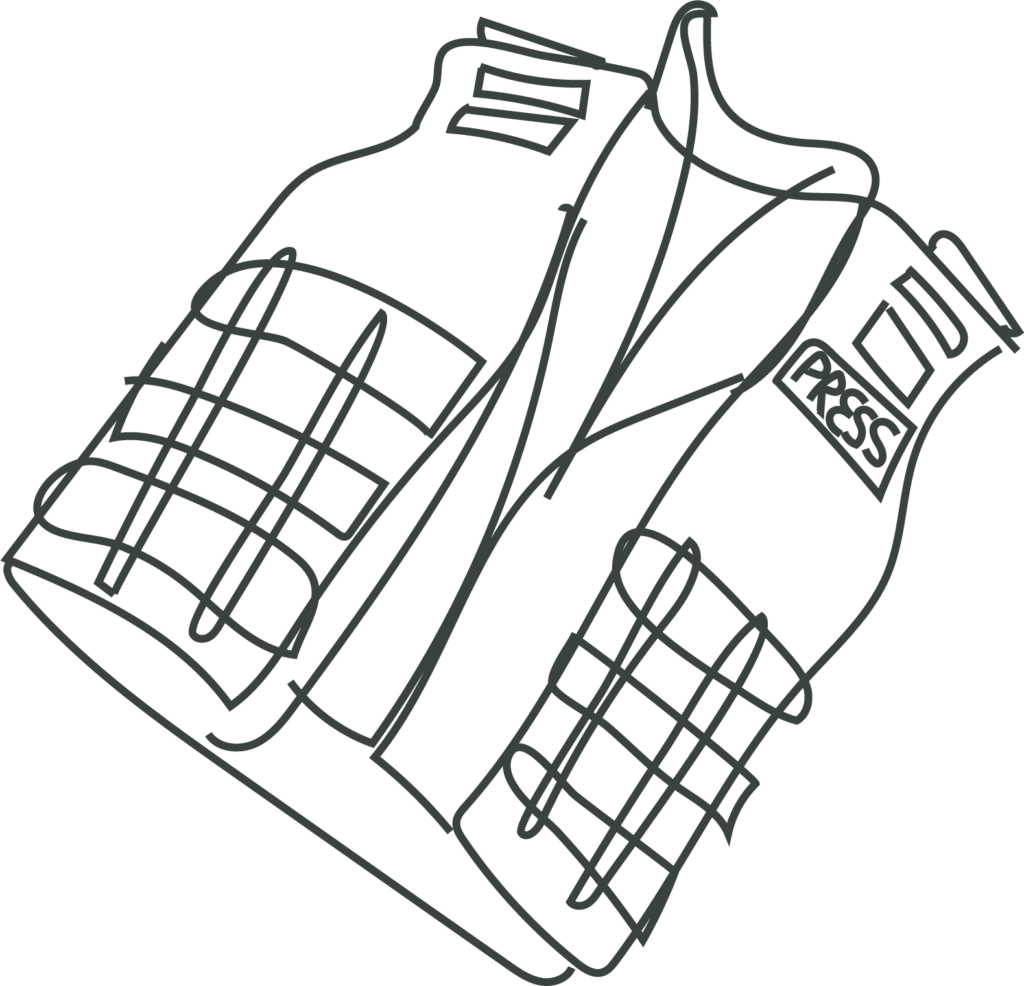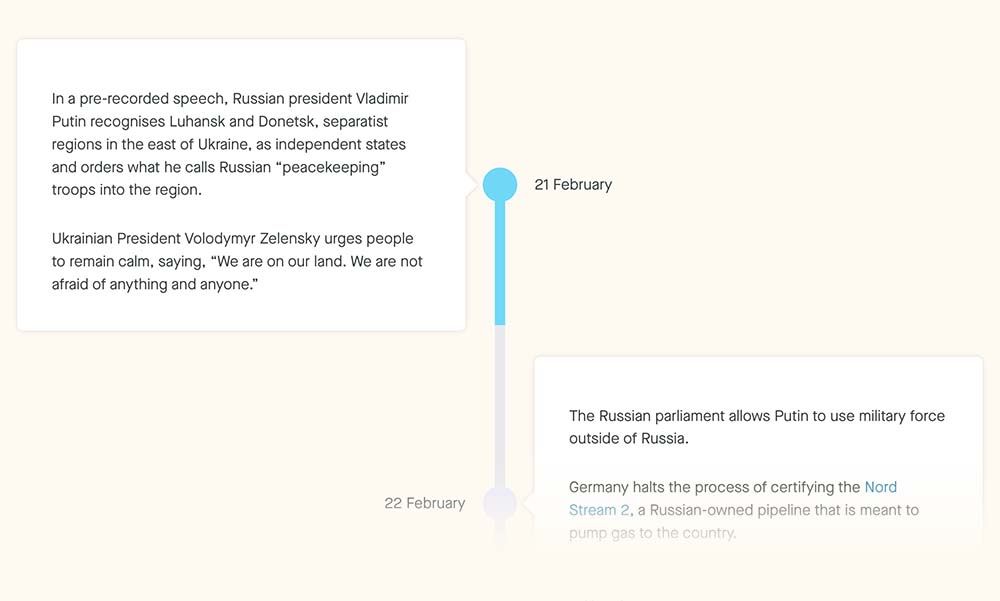“All is fair in love and war,” says the well-known proverb. But even war has rules, or is supposed to. Looking at the images from bombed-out cities like Mariupol, Kharkiv or Kyiv, it’s easy to forget this. Yet all parties involved in the armed conflict in Ukraine are obligated to abide by international humanitarian law—the laws of war.

Children are to be evacuated to safe areas when possible
Establishing safe evacuation corridors for civilians has been difficult, affecting children living in besieged areas. Russia has been accused of blocking evacuations out of Bucha and stopping aid teams from reaching Mariupol. Humanitarian corridors were closed repeatedly due to broken ceasefires, trapping thousands of children in the city. Children have also been killed in attacks on other Ukrainian cities. A missile strike in Kramatorsk killed 50 civilians, including five children. 16 other children were injured. Ukraine has claimed that Russian troops have abducted up to 2,389 children in “forced deportations” since the invasion began.
Hospitals and medical staff are to be protected
On 10 March, a Russian airstrike hit a maternity and children’s hospital in Mariupol. Five people died and 17 were wounded. Russian authorities say they attacked the hospital because it was used as a paramilitary base, but that claim is unfounded. Two days later, Russian forces targeted healthcare sites in Kyiv. CNN has made a reconstruction of the attack and its aftermath:


Journalists shall be considered as civilians and protected as such
In just a few weeks, Ukraine turned into one of the deadliest places on earth for journalists. At least seven journalists have been killed while covering the war in Ukraine—six of them in the first month—and scores more have been injured. A crew from Sky News filmed an attack on their car, despite their visual and verbal identification. An American journalist, Brent Renaud, was killed by Russian forces in Irpin. Ukrainian photojournalist Maks Levin went missing for three weeks. He was found fatally shot, still wearing his press vest. A Fox News crew came under fire while reporting in Horenka, and producer Oleksandra Kuvshynova and cameraman Pierre Zakrzewski were killed. Documentary filmmaker Mantas Kvedaravičius was killed as he tried to leave Mariupol. Two journalists from Associated Press had to be smuggled out of the city while their names featured on a list being used by Russian soldiers. They were the last international journalists left in Mariupol.
Rape and other forms of sexual violence are explicitly forbidden in armed conflicts
When Ukrainian forces took back control of the city of Bucha, the horrific events that took place under the Russian occupation of the city came to light. “25 women and girls between 14 and 24 were systematically raped in a basement,” according to Ukraine’s ombudswoman, Lyudmila Denisova.“Russian soldiers told them they would rape them to the point where they wouldn’t want sexual contact with any man, to prevent them from having Ukrainian children. Nine of the women are now pregnant.” Read testimonials of similar experiences in this article from the Kyiv Independent:


Pillage and looting are prohibited
Displaced Ukrainians who were able to return home, found clothes, computers, tools and even washing machines, sofas and tables missing. Many were looted by Russian soldiers who mailed the items to their families back home. Things that couldn’t be stolen were destroyed. More than 128 packages—totalling nearly 3,000kg—were sent across the border from the Belarusian city of Mazyr in just one day, as shown in a leaked video from the local post office on 2 April. One soldier sent no less than 17 parcels, totalling 440kg.



